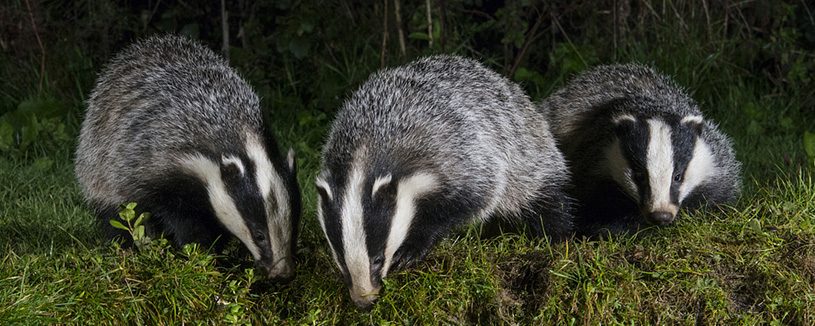
Last night (15th May) in the House of Lords, Amendment 47 of the Retained EU Law (Revocation and Reform) Bill was discussed. There were a couple of points raised which will be of interest to those following the science of badger culling.
The amendment, moved by The Earl of Caithness, was described thus:
47: Clause 17, page 20, line 34, at end insert—“(3) In subsection (1)(b), developments in scientific understanding must be identified based upon regular reviews of the scientific evidence.(4) When undertaking a review of scientific evidence referred to in subsection (3), the relevant national authority must consider the methodological quality of the evidence, in terms of the extent to which all aspects of a study’s design, data collection protocols and statistical analysis can be shown to protect against systematic bias, non-systematic bias, and inferential error.(5) Where regulations under subsection (1) constitute environmental law, the review of scientific evidence must also consider whether the evidence takes a sufficiently wide view of the ecological impacts.”Member’s explanatory statementThis amendment is to ensure that future regulations will be based on a proper assessment of the best science available.
Member’s explanatory statement:
This amendment is to ensure that future regulations will be based on a proper assessment of the best science available.
Lord Krebs was at last nights debate and said:
“I support in large part what he said about the importance of rigorous scientific evidence to underpin policy—he referred to the environment, but I would say more broadly. I will add a note of caution from my personal experience. As many noble Lords will know, I was responsible for instigating the randomised badger culling trials, the so-called “Krebs trials”, which were meant definitively to determine whether killing badgers was a good way of controlling bovine tuberculosis. The trial was probably the largest ecological experiment ever done in this country; it did produce results, but it did not settle the arguments or the policy. So science has an important role to play, and I support the noble Earl’s amendment, but we must recognise that political decisions come in as well.”
So Lord Krebs, who set up the Randomised Badger Culling Trials (RBCT), states that the results did not settle the argument as to whether killing badgers was a good way of controlling bTB in cattle.
Further, The Earl of Caithness, speaking in the same debate quoted Lord John Krebs from the recent debate on the Genetic Technology (Precision Breeding) Bill, where he said;
“scientists do not absolutely agree on everything”.
And;
“when there is a centre of gravity of opinion, there are always outliers. Sometimes those outliers turn out to be right and there are transformations”.—[Official Report, 25/1/23; cols. 221-23.]
So in summary: the RBCT did not settle the arguments on the efficacy of badger culling, and the outliers in scientific opinion sometimes turn out to be right and there are transformations.
Will this to be the case with badger cull science; the outliers will turn out to be right, and there will be transformations?
Discover more from The Badger Crowd - standing up for badgers
Subscribe to get the latest posts sent to your email.

